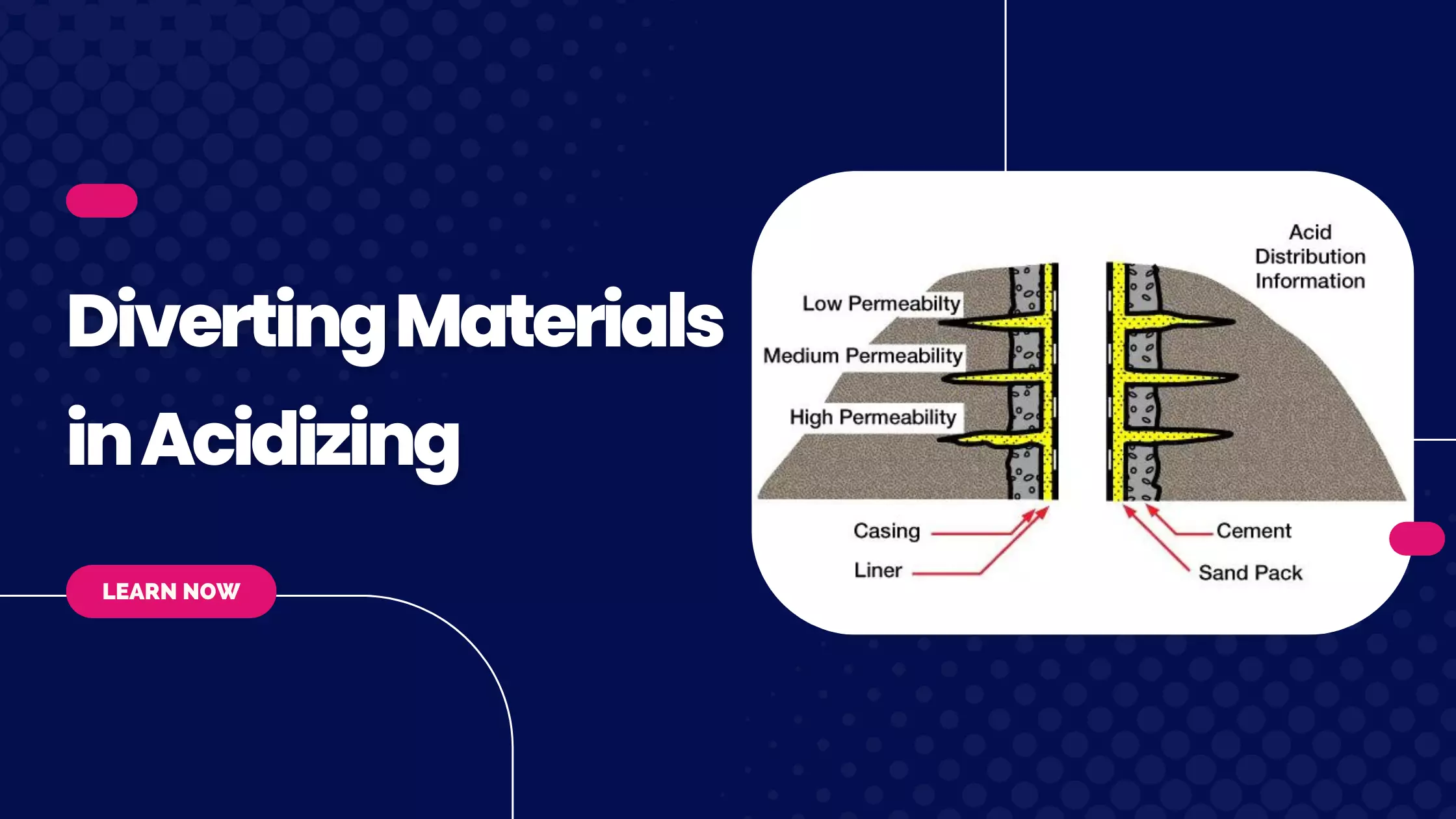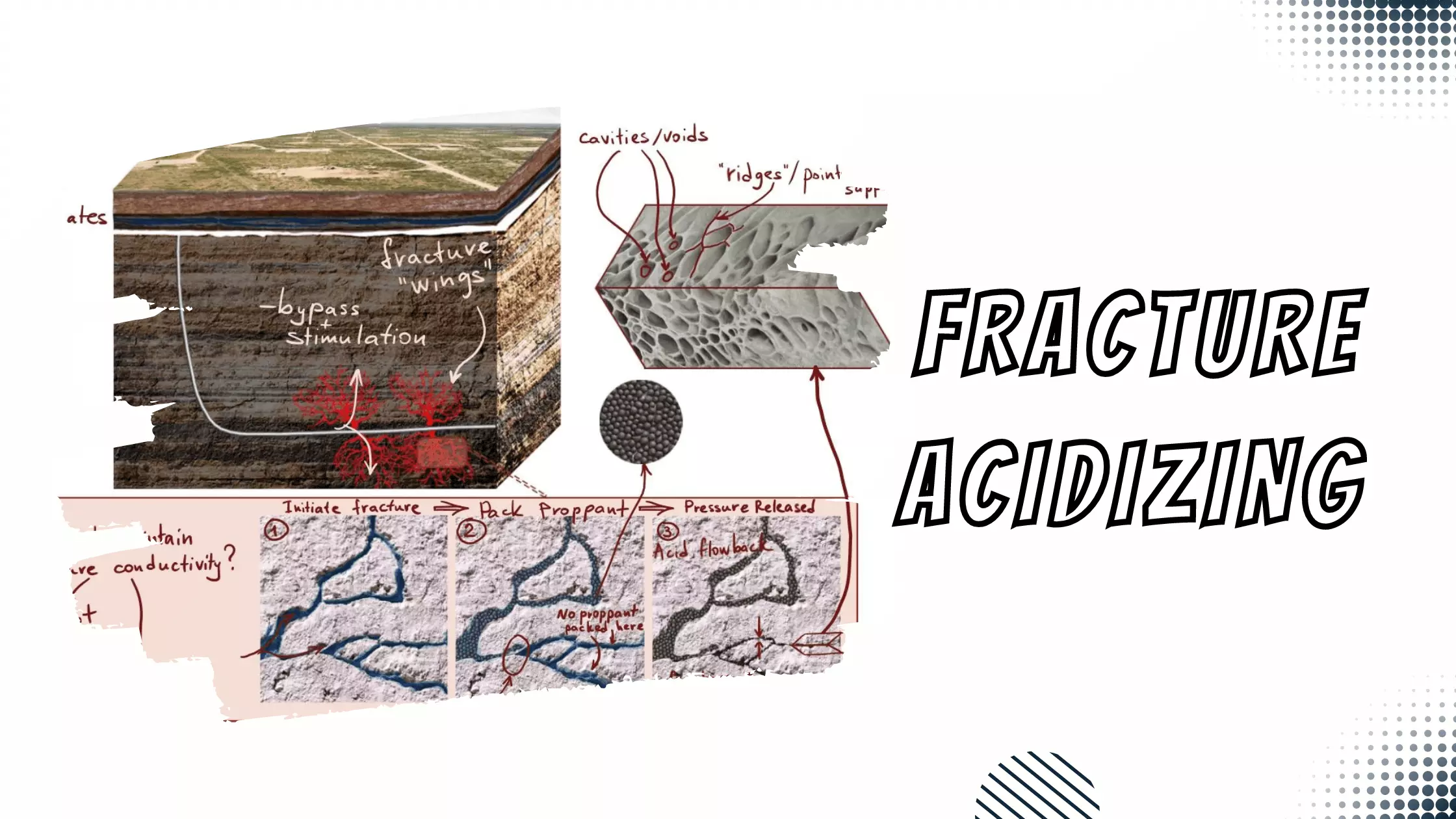Challenges in Reservoir Engineering
Reservoir engineering, despite its significance in the oil and gas industry, faces several challenges that impact the efficient development and production of hydrocarbon reservoirs. Reservoir engineers continually strive to overcome these challenges through innovative approaches and advanced technologies. In this section, we will explore some of the key challenges faced by reservoir engineers.
- Reservoir Heterogeneity: Reservoirs are often characterized by complex geological formations and heterogeneity in rock properties, such as porosity and permeability. Understanding and accurately characterizing this heterogeneity is crucial for effective reservoir management. Reservoir engineers employ sophisticated techniques, including geostatistical analysis and reservoir modeling, to capture and represent reservoir heterogeneity accurately.
- Fluid Behavior and Uncertainty: Fluid behavior within reservoirs can be challenging to predict due to uncertainties in fluid properties, such as viscosity and composition. Accurate estimation of fluid behavior is crucial for designing production strategies and optimizing recovery. Reservoir engineers use laboratory analysis, reservoir simulation, and data-driven approaches to reduce uncertainty and improve fluid behavior predictions.
- Data Limitations: Obtaining comprehensive and high-quality data from reservoirs can be challenging. Limited data availability, especially in older or mature fields, can hinder reservoir characterization and performance analysis. Reservoir engineers employ various techniques, including data interpolation, well testing, and data integration, to overcome data limitations and make informed decisions.
- Scale-up Challenges: Scaling up reservoir behavior from small-scale laboratory studies or well tests to the full reservoir can be complex. Reservoir engineers must account for the impacts of scale, considering factors such as capillary pressure, relative permeability, and reservoir connectivity. Scaling up requires the use of scaling relationships, empirical correlations, and numerical modeling techniques.
- Economic Considerations: Economic factors play a significant role in reservoir engineering decisions. Optimizing hydrocarbon recovery while considering production costs, market prices, and return on investment requires careful analysis and evaluation. Reservoir engineers employ economic models, cost estimation techniques, and economic risk assessment to optimize reservoir development plans.
- Environmental Constraints: Reservoir engineering is increasingly influenced by environmental considerations. Stricter regulations, carbon footprint reduction targets, and sustainability goals require reservoir engineers to develop environmentally friendly practices. This includes minimizing water usage, reducing greenhouse gas emissions, and implementing environmentally conscious production techniques.
- Emerging Technologies: The oil and gas industry is continuously evolving, with the emergence of new technologies and techniques. Incorporating and adapting to these advancements can pose challenges for reservoir engineers. Staying up-to-date with the latest technologies, such as machine learning, data analytics, and advanced reservoir simulation software, is crucial for effective reservoir engineering.
Overcoming these challenges requires a combination of technical expertise, interdisciplinary collaboration, and continuous innovation in reservoir engineering practices. Reservoir engineers must stay abreast of industry advancements, adopt new methodologies, and leverage technology to address these challenges and optimize reservoir performance.
 Petro Shine The Place for Oil and Gas Professionals.
Petro Shine The Place for Oil and Gas Professionals.



